TREATY OF MUTUAL GUARANTEE BETWEEN GERMANY,
BELGIUM, FRANCE, GREAT BRITAIN AND ITALY, DONE AT LOCARNO, OCTOBER 16, 1925
[Official text in French. This Treaty was registered with the Secretariat, in accordance with its Article 10, on September 14, 1926, the date of its ehtry into force.] .
The President of the German Reich, His Majesty the King of the Belgians, the President of the French Republic, His Majesty the King of the United Kingdom of Great Britain and Ireland and of the British Dominions beyond the Seas, Emperor of India, His Majesty the King of Italy;
Anxious to satisfy the desire for security and protection which animates the peoples upon whom fell the scourge of the war of 1914-18;
Taking note of the abrogation of the treaties for the neutralization of Belgium, and conscious of the necessity of ensuring peace in the area which has so frequently been the scene of European conflicts;
TC—12
Animated also with the sincere desire of giving to all the signatory Powers concerned supplementary guarantees within the framework of the Covenant of the League of Nations and the treaties in force between them;
Have determined to conclude a treaty with these objects, and have appointed as their Plenipotentiaries:
The President of the German Empire:
Dr. Hans Luther, Chancellor of the Empire; '
Dr. Gustav Stresemann, Minister for Foreign Affairs;
His Majesty the King of the Belgians:
M. Emile Vandervelde, Minister for Foreign Affairs;
The President of the French Republic:
M. Aristide Briand, Prime Minister and Minister for Foreign Affairs;
His Majesty the King of the United Kingdom of Great Britain and Ireland and of the British Dominions beyond the Seas, Emperor of India:
The Right Honourable Stanley Baldwin, M.P., First Lord of the Treasury and Prime Minister; .
The Right Honourable Joseph Austen Chamberlain, M.P., Principal Secretary of State for Foreign Affairs;
His Majesty the King of Italy: .
The Honourable Vittorio Scialoja, Senator of the Kingdom; Who, having communicated their full powers, found in good and due form have agreed as follows:
Article 1
The High Contracting Parties collectively and severally guarantee, in the manner provided in the following Articles, the maintenance of the territorial status quo resulting from the frontiers between Germany and Belgium and between Germany and France, and the inviolability of the said frontiers as fixed by or in pursuance of the Treaty of Peace signed at Versailles on June 28, 1919, and also the observance of the stipulations of Article 42 and 43 of the said Treaty concerning the demilitarized zone.
Article 2
Germany and Belgium, and also Germany and France, mutually undertake that they will in no Gase attack or invade each other or resort to war against each other.
The stipulation shall not, however, apply in the case of:
(1) The exercise of the right of legitimate defence, that is to say, resistance to a violation of the undertaking contained in the
314
TC-12
previous paragraph or to a flagrant breach of Articles 42 or 43 of the said Treaty of Versailles, if such breach constitutes an unprovoked act of aggression and by reason of the assembly of armed forces in the demilitarized zone, immediate action is necessary ;
(2) Action in pursuance of Article 16 of the Covenant of the League of Nations;
(3) Action as the result of a decision taken by the Assembly or by the Council of the League of Nations or in pursuance of Article 15, paragraph 7, of the Covenant of the League of Nations, provided that in this last event the action is directed against a State which was first to attack.
Article 3
In view of the undertakings entered into in Article 2 of the present Treaty, Germany and Belgium, and Germany and France, undertake to settle by peaceful means and the manner laid down herein all questions of every kind which may arise between them and which it may not be possible to settle by the normal methods of diplomacy.
Any question with regard to which the parties are in conflict as to their respective rights shall be submitted to judicial decision, and the Parties undertake to comply with such decision.
All other questions shall be submitted to a conciliation commission. If the proposals of this commission are not accepted by the two Parties, the question shall be brought before the Council of the League of Nations, which will deal with it in accordance with Article 15 of the Covenant of the League.
The detailed arrangements for effecting such peaceful settlements are the subject of special Agreements signed this day.
Article 4
(1) If one of the High Contracting Parties alleges that a violation of Article 2 of the present Treaty or a breach of Articles 42 or 43 of the Treaty of Versailles has been or is being committed, it shall bring the question at once before the Council of the League of Nations.
(2) As soon as the Council of the League of Nations is satisfied that such violation or breach has been committed, it will notify its findings without delay to the Powers signatory of the present Treaty, who severally agree that in such case they will each of them come immediately to the assistance of the Power against whom the act complained of is directed.
315
C-12
(3) In case of a flagrant violation of Article 2 of the present Treaty or of a flagrant breach of Articles 42 or 43 of the Treaty of Versailles by one of the High Contracting Parties, each of the other Contracting Parties hereby undertakes immediately to come to the help of the Party against whom such a violation or breach has been directed as soon as the said Power has been able to satisfy itself that this violation constitutes an unprovoked act of aggression and that by reason either of crossing of the frontier or of the outbreak of hostilities or of the assembly of armed forces in the demilitarized zone immediately action is necessary. Nevertheless, the Council of the League of Nations, which will be seized of the question in accordance with the first paragraph of this Article, will issue its findings, and the High Contracting Parties undertake to act in accordance with the recommendations of the Council, provided that they are .concurred in by all the members other than the representatives of the Parties which have engaged in hostilities.
Article 5
The provisions of Article 3 of the present Treaty are placed under the guarantee of the High Contracting Parties as provided by the following stipulations:
If one of the Powers referred to in Article 3 refuses to submit a dispute to peaceful settlement or to comply with an arbitral or judicial decision and commits a violation of Article 2 of the present Treaty or a breach of Articles 42 or 43 of the Treaty of Versailles, the provisions of Article 4 of the present Treaty shall apply.
Where one of the Powers referred to in Article 3, without committing a violation of Article 2 of the present Treaty or a breach of Articles 42 or 43 of the Treaty of Versailles, refuses to submit a dispute to peaceful settlement or to comply with an arbitral or judicial decision, the other Party shall bring the matter before the Council of the League of Nations, and the Council'shall propose what steps shall be taken; the High Contracting Parties shall comply with these proposals.
Article 6
The provisions of the present Treaty do not affect the rights and obligations of the High Contracting Parties under the Treaty of Versailles or under arrangements supplementary thereto, including the Agreements signed in London on August 30, 1924.
316
TC-12
Article 7
The present Treaty, which is designed to ensure the maintenance of peace, and is in conformity with the Covenant of the League of Nations, shall not be interpreted as restricting the duty of the League to take whatever action may be deemed wise and eifectual to safeguard the peace of the world.
Article 8
The present Treaty shall be registered at the League of Nations in accordance with the Covenant of the League. It shall remain in force until the Council, acting on a request of one or other of the High Contracting Parties notified to the other signatory Powers three months in advance, and voting at least by a two-thirds' majority, decides that the League of Nations ensures sufficient protection to the High Contracting Parties; the Treaty shall cease to have effect on the expiration of a period of one year from such decision.
Article 9.
The present Treaty shall impose no obligation upon any of the British dominions, or upon India, unless the Government of such dominion, or of India, signifies its acceptance thereof.
Article 10
The present Treaty shall be ratified and the ratifications shall be deposited at Geneva in the archives of the League of Nations as soon as possible.
It shall enter into force as soon as all the ratifications have been deposited and Germany has become a Member of the League of Nations.
The present Treaty, done in a single copy, will be deposited in the archives of the League of Nations, and the Secretary-General will be requested to transmit certified copies to each of the High Contracting Parties.
In faith whereof the above-mentioned Plenipotentiaries have signed the present Treaty.
Done at Locarno, October 16» 1925.
(L.S.)
(L.S.)
(L.S.)
(L.S.)
(Signed)
(Signed)
(Signed)
(Signed)
Hans Luther. Gustav Stresemann. Emile Vandervelde. Aristide Briand.
693261—47—21
317
(L.S.) (Signed) Stanley Baldwin. (L.S.) (Signed) Austen Chamberlain. (L.S.) .(Signed) Vittorio Scialoja.
FINAL PROTOCOL OF THE LOCARNO CONFERENCE
The representatives of the German, Belgian, British, French, Italian, Polish and Czechoslovak Governments, who have met at Locarno from October 5 to 16, 1925, in order to seek by common agreement means for preserving their respective nations from the scourge of war and for providing for the peaceful settlement of disputes of every nature which might eventually arise between them.
Have given their approval to the draft Treaties and Conventions which respectively affect them and which, framed in the course of the present Conference, are mutually interdependent:
Treaty between Germany, Belgium, France, Great Britain and Italy (Annex A).
Arbitration Convention between Germany and Belgium (Annex B).
Arbitration Convention between Germany and France (Annex C).
Arbitration Treaty between Germany and Poland (Annex D).
Arbitration Treaty between Germany and Czechoslovakia (Ann&x E).
These instruments, hereby initialled ne varietur, will bear today's date, the representatives of the interested Parties agreeing to meet in London on December 1 next, to proceed during the course of a single meeting to the formality of the signature of the instruments which affect them.
< The Minister for Foreign Affairs of France states that as a result of the draft arbitration treaties mentioned above, France, Poland and Czechoslovakia have also concluded at Locarno draft agreements in order reciprocally to assure to themselves the benefit of the said treaties. These agreements will be duly deposited at the League of Nations, but M. Briand holds copies forthwith at the disposal of the Powers represented here.
The Secretary of State for Foreign Affairs of Great Britain proposes that, in reply to certain requests for explanations concerning Article 16 of the Covenant of the League of Nations presented by the Chancellor and the Minister for Foreign Affairs of Germany, a letter, of which the draft is similarly attached
TC-12
(Annex F) should be addressed to them at the same time as the formality of signature of the above-mentioned instruments takes place. This proposal is agreed to.
The representatives of the Governments represented here declare their firm conviction that the entry into force of these treaties and conventions will contribute greatly in bringing about a moral relaxation of the tension between nations, that it will help powerfully towards the solution of many political or economic problems in accordance with the interests and sentiments of peoples, and that, in strengthening peace and security in Europe, it will hasten on effectively the disarmament provided for in Article 8 of the Covenant of the League of Nations.
They undertake to give their sincere co-operation to the work relating to disarmament already undertaken by the League of Nations and to seek the realization thereof in a general agreement.
Done at Locarno, October 16, 1925.
Dr. Luther.
Stresemann.
Emile Vandervelde.
Aristide Briand.
Austen Chamberlain.
Benito Mussolini.
Al. Skrzynski.
Eduard Benes.
COLLECTIVE NOTE TO GERMANY REGARDING ARTICLE
16 OF THE COVENANT OF THE LEAGUE-OF NATIONS
London, December 1, 1926.
Your Excellencies,
The German Delegation has requested certain explanations in regard to Article 16 of the Covenant of the League of Nations.
We are not in a position to speak in the name of the League, but in view of the discussions which have already taken place in the Assembly and in the Commissions of the League of Nations, and after the explanations which have been exchanged between ourselves, we do not hesitate to inform you of the interpretation which, in so far as we are concerned, we place upon Article 16.
In accordance with that interpretation, the obligations resulting from the said Article on the Members of the League must be understood to mean that each State Member of the League is bound to co-operate loyally and effectively in support of the Cov-TC-12
enant and in resistance to any act of aggression to an extent which is compatible with its military situation and which takes its geographical position into account.
We have the honour, etc.
Emile Vandervelde.
Aristide Briand.
Stanley Baldwin.
Austen Chamberlain.
Vittorio Scialoja.
' Alexandre Skrzynski.
Dr. Eduard Benes.
Locarno Treaty (1925) to guarantee the existing boundaries of Belgium, France, and Germany, and an agreement by Belgium, France, and Germany not to attack one another and to settle conflicts by peaceful means; with a protocol and a note to the German government on the covenant of the League of Nations
Authors
Hans Luther (Dr., reich minister, chancellor (1925-26))
Hans Luther
German chancellor (1879-1962)
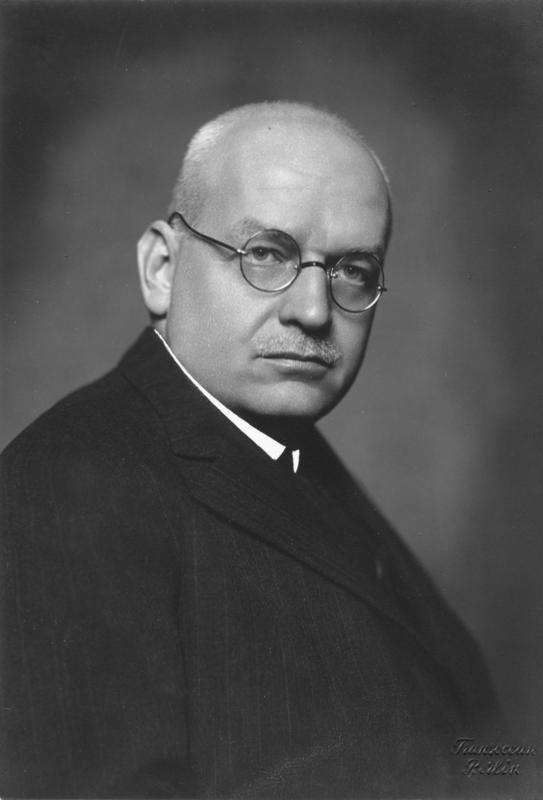
- Born: 1879-03-10 (Berlin)
- Died: 1962-05-11 (Düsseldorf)
- Country of citizenship: Germany
- Occupation: banker; diplomat; lawyer; politician
- Member of political party: German People's Party
- Member of: ATV Ditmarsia Kiel; Royal Swedish Academy of Sciences
- Participant in: Judges' Trial (date: 1947-06-13; role: affiant)
- Significant person: Franz Schlegelberger (role: colleague)
Gustav Stresemann (German foreign minister (1925-28))
Gustav Stresemann
German politician, statesman, and Nobel Peace Prize laureate (1878-1929)
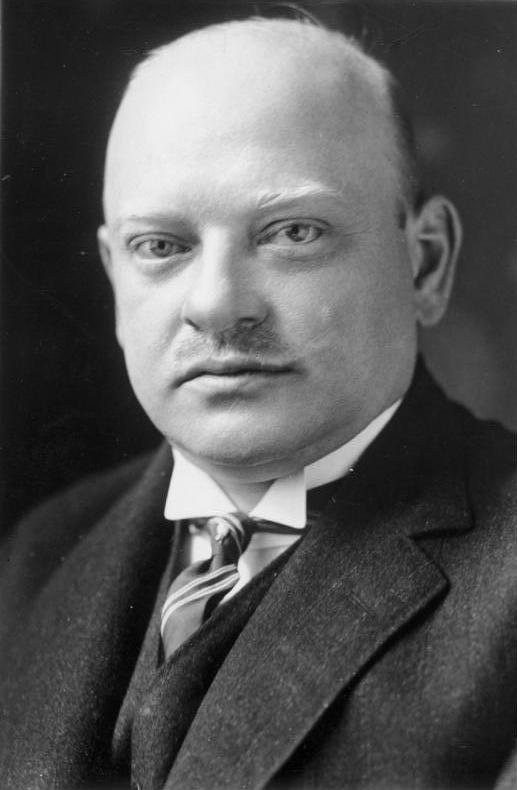
- Born: 1878-05-10 (Berlin)
- Died: 1929-10-03 (Berlin)
- Country of citizenship: Germany
- Occupation: diplomat; politician; statesperson
- Member of political party: German Democratic Party (period: 1918-01-01 through 1918-01-01); German People's Party (period: 1918-01-01 through 1929-01-01); National Liberal Party (period: 1907-01-01 through 1918-01-01); National-Social Association
- Member of: Q15433012; Q892733
- Position held: Chancellor of Germany (period: 1923-08-13 through 1923-11-23; replaced by: Wilhelm Marx; replaces: Wilhelm Cuno); German Foreign Minister (period: 1923-08-13 through 1929-10-03; replaced by: Julius Curtius; replaces: Hans von Rosenberg); Reich Chancellor in the Weimar Republic (period: 1923-08-13 through 1923-11-23; replaced by: Wilhelm Marx; replaces: Wilhelm Cuno); member of the Reichstag of the German Empire
- Educated at: Frederick William University; Humboldt University of Berlin; Leipzig University
Emile Vandervelde (Belgian foreign minister (1925))
Emile Vandervelde
Belgian politician (1866-1938)
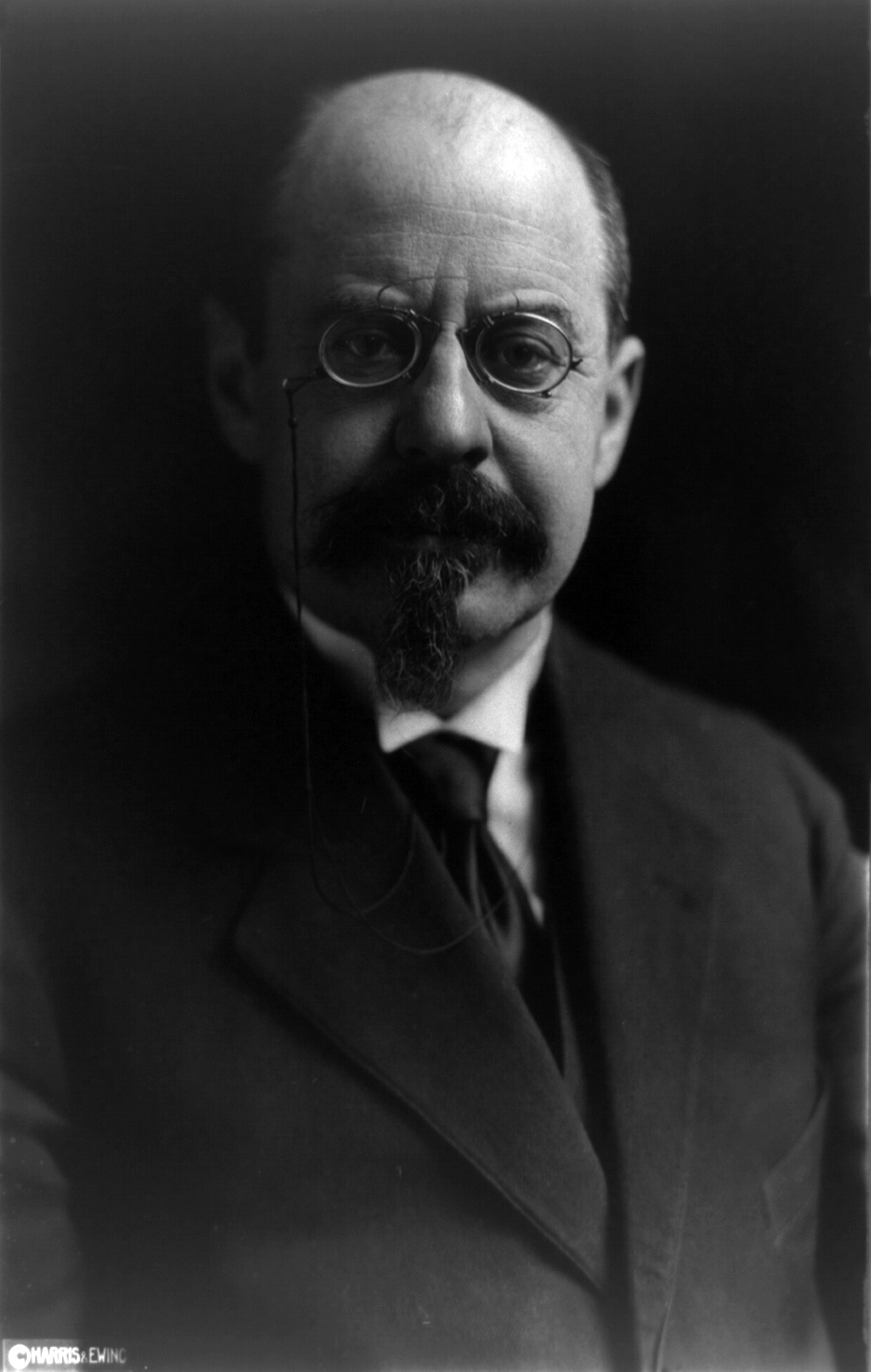
- Born: 1866-01-25 (Ixelles - Elsene)
- Died: 1938-12-27 (Brussels)
- Country of citizenship: Belgium
- Occupation: economist; politician; university teacher
- Member of political party: Belgian Labour Party; Belgian Socialist Party
- Member of: Royal Academy of Science, Letters and Fine Arts of Belgium
- Position held: Minister of Foreign Affairs in Belgium (period: 1925-06-17 through 1927-11-22); Minister of Justice of Belgium (period: 1918-11-21 through 1921-10-24; replaced by: Aloys Van de Vyvere; replaces: Henri Carton de Wiart); member of the Chamber of Representatives of Belgium
- Employer: Université libre de Bruxelles
Aristide Briand (French prime minister and foreign minister)
Aristide Briand
politician, statesman, and Nobel Peace Prize laureate from France (1862-1932)
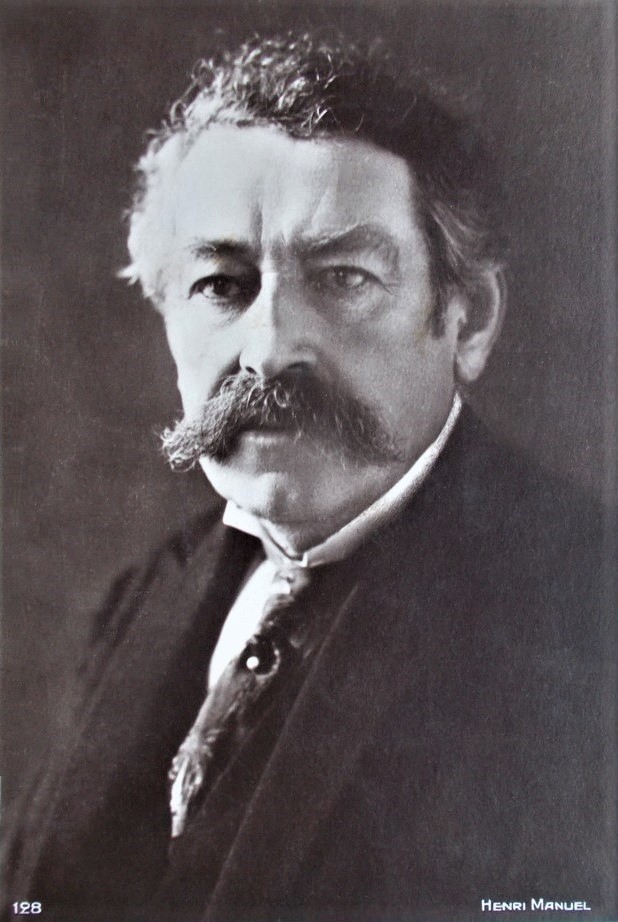
- Born: 1862-03-28 (Nantes)
- Died: 1932-03-07 (Paris)
- Country of citizenship: France
- Occupation: diplomat; journalist; lawyer; politician
- Member of political party: Republican-Socialist Party; Socialist Party
- Member of: Hellenic Philological Society of Constantinople (role: honorary member; since: 1907-01-01)
- Position held: President of the Council (period: 1909-07-24 through 1911-02-27, 1913-01-21 through 1913-03-18, ..., 1929-07-29 through 1929-11-02; replaced by: Alexandre Ribot, André Tardieu, ..., Édouard Herriot; replaces: Georges Clemenceau, Georges Leygues, ..., René Viviani); member of the French National Assembly (period: 1924-01-01 through 1932-01-01)
- Employer: L'Humanité
Stanley Baldwin (British prime minister)
Stanley Baldwin
British statesman (1867–1947)
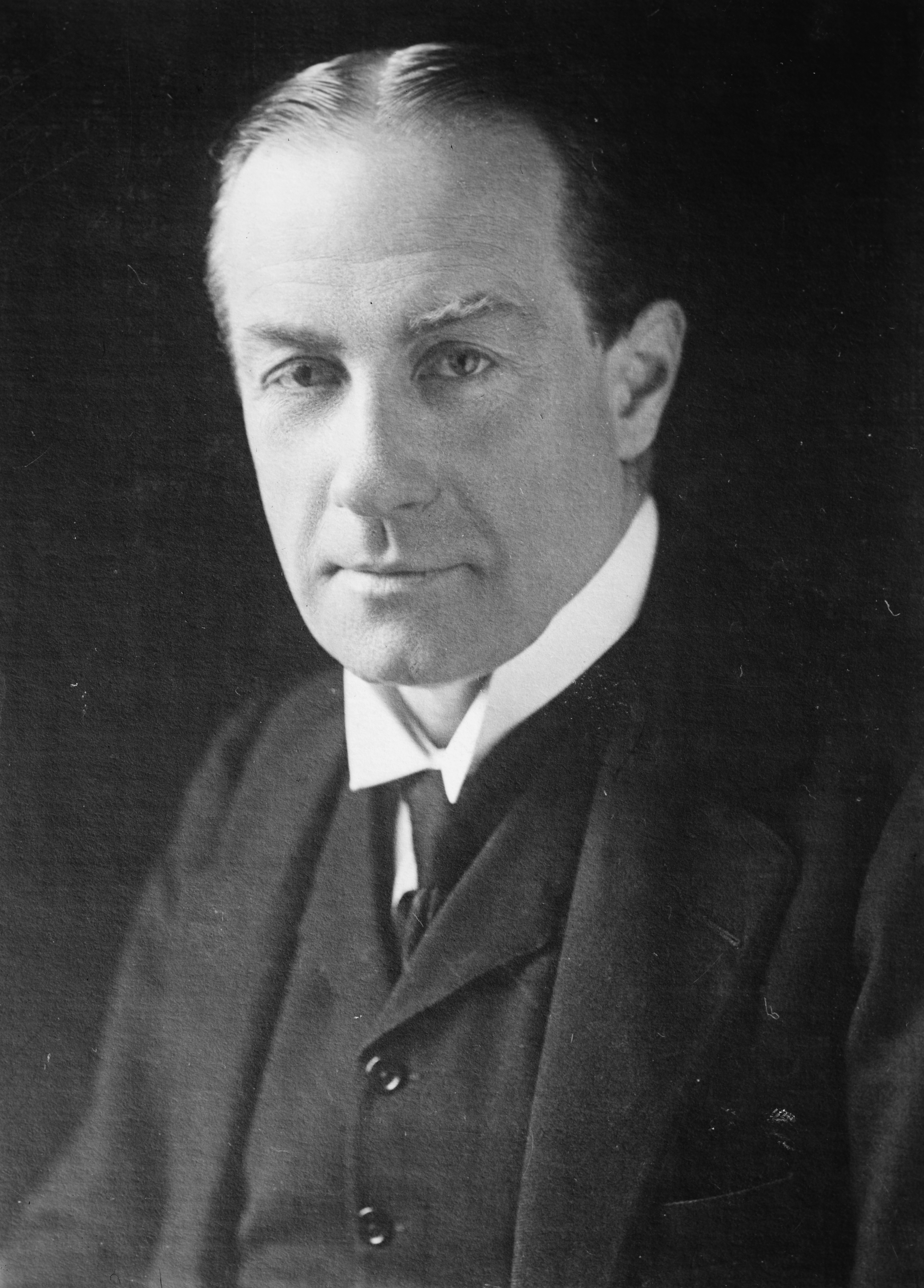
- Born: 1867-08-03 (Worcestershire United Kingdom Bewdley)
- Died: 1947-12-14 (Worcestershire Bewdley United Kingdom)
- Country of citizenship: United Kingdom; United Kingdom of Great Britain and Ireland (end cause: Royal and Parliamentary Titles Act 1927; until: 1927-04-12)
- Occupation: politician
- Member of political party: Conservative Party
- Member of: King's Privy Council for Canada; Privy Council of the United Kingdom; Royal Society
- Military branch: British Army
- Position held: Chancellor of the Exchequer (period: 1922-10-27 through 1923-08-27; replaced by: Neville Chamberlain; replaces: Robert Horne, 1st Viscount Horne of Slamannan); Financial Secretary to the Treasury (period: 1917-06-18 through 1921-04-01; replaced by: Hilton Young, 1st Baron Kennet; replaces: Hardman Lever); Leader of the Conservative Party (replaced by: Neville Chamberlain; replaces: Bonar Law; until: 1937-05-28); Leader of the House of Commons (period: 1923-05-22 through 1924-01-22, 1924-11-04 through 1929-06-04, 1935-06-07 through 1937-05-28; replaced by: Neville Chamberlain, Ramsay MacDonald; replaces: Bonar Law, Ramsay MacDonald)
Joseph Austen Chamberlain (British secretary of state for foreign affairs (1925))
Joseph Austen Chamberlain
British politician (1863-1937)

- Born: 1863-10-16 (Birmingham)
- Died: 1937-03-16 1937-03-17 (London) (reason for deprecated rank: error in referenced source or sources)
- Country of citizenship: United Kingdom
- Occupation: politician
- Member of political party: Conservative Party; Liberal Unionist Party
- Position held: Chancellor of the Exchequer (period: 1903-10-09 through 1905-12-04; replaced by: H. H. Asquith; replaces: Charles Ritchie, 1st Baron Ritchie of Dundee); Financial Secretary to the Treasury (period: 1900-11-07 through 1902-08-11; replaced by: William Hayes Fisher, 1st Baron Downham; replaces: Robert William Hanbury); First Lord of the Admiralty (period: 1931-08-24 through 1931-11-05; replaced by: Bolton Eyres-Monsell, 1st Viscount Monsell; replaces: A. V. Alexander, 1st Earl Alexander of Hillsborough); Leader of the House of Commons (period: 1921-03-23 through 1922-10-19; replaced by: Bonar Law; replaces: Bonar Law)
- Educated at: Rugby School; Sciences Po; Trinity College
- Spouse: Ivy Muriel Dundas (since: 1906-07-21)
Vittorio Scialoja (Italian senator (1925))
Vittorio Scialoja
Italian jurist and politician (1856-1933)
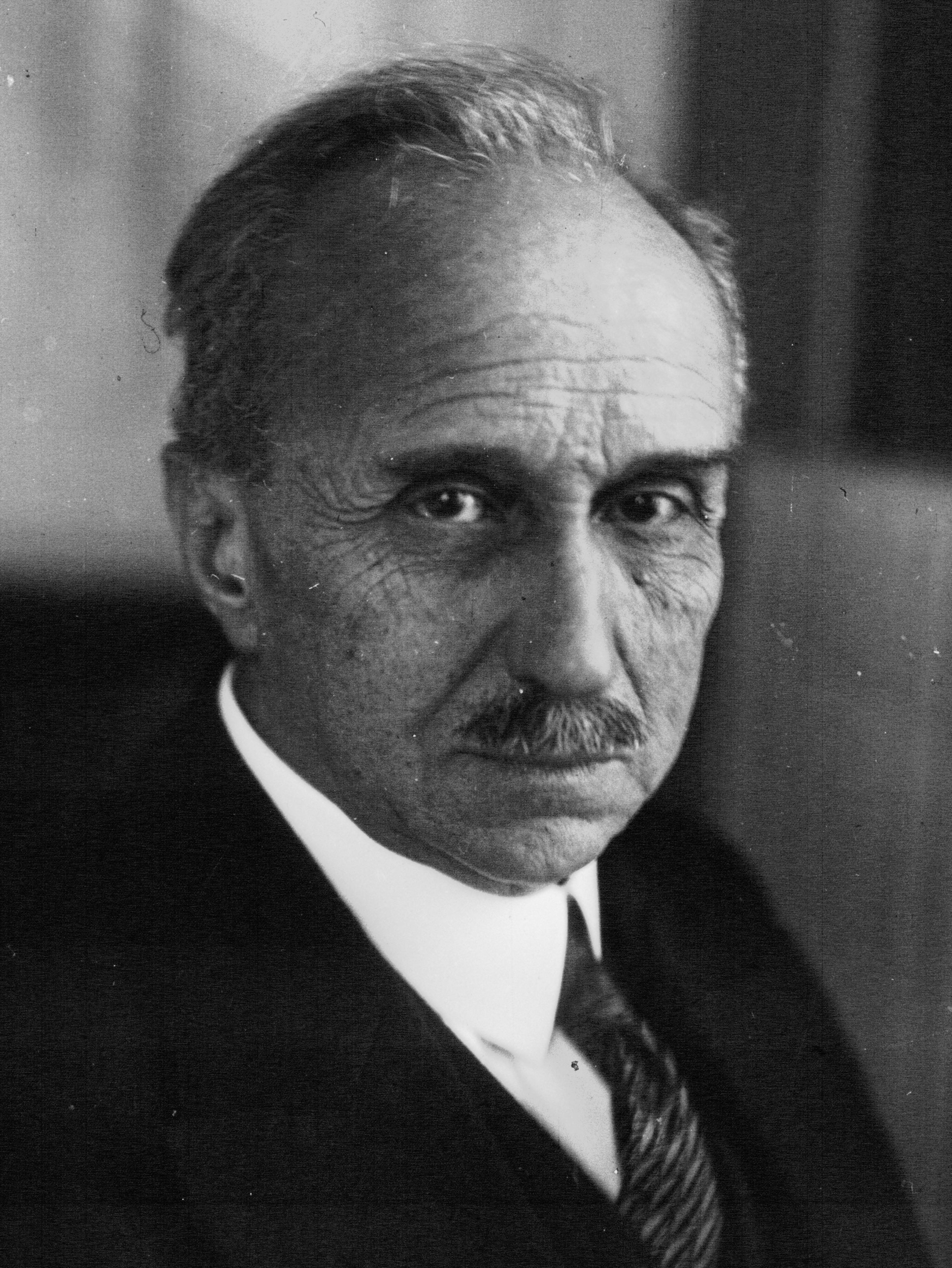
- Born: 1856-04-24 (Turin)
- Died: 1933-11-19 (Rome)
- Country of citizenship: Kingdom of Italy (period: 1861-03-17 through 1933-11-19)
- Occupation: jurist; politician; university teacher
- Member of: Academy of Sciences of Turin (since: 1903-03-29); Lincean Academy
- Position held: minister of Foreign Affairs of the Kingdom of Italy (period: 1919-11-26 through 1920-06-15; replaced by: Carlo Sforza; replaces: Francesco Saverio Nitti); minister of Justice of the Kingdom of Italy (period: 1909-12-11 through 1910-03-31; replaced by: Cesare Fani; replaces: Vittorio Emanuele Orlando); senator of the Kingdom of Italy
- Employer: Sapienza University of Rome; University of Siena
- Educated at: Sapienza University of Rome
Germany (treaties, diplomatic statements, proclamations)
Belgium (treaties, agreements, diplomatic statements)
France/French Republic (treaties, agreements, diplomatic statements)
United Kingdom/Great Britain (treaties, agreements, diplomatic statements)
Date: 16 October 1925
Literal Title: Translation. No. 1291 - Treaty of Mutual Guarantee between Germany, Belgium, France, Great Britain and Italy, Done at Locarno, October 16, 1925.
Total Pages: 7
Language of Text: English
Source of Text: Nazi conspiracy and aggression (Office of United States Chief of Counsel for Prosecution of Axis Criminality. Washington, D.C. : U.S. Government Printing Office, 1946.)
Evidence Code: TC-12
Citation: IMT (page 953)
HLSL Item No.: 450664
Notes:The "Collective Note to Germany" is dated 1 December 1926. The signatories of the treaty are listed here as authors. The protocol (16 October 1925) was signed by Luther Stresemann, Vandervelde, Briand, Chamberlain, Benito Mussolini, Alexandre Skrzynski, and Eduard Benes. The 1926 note was signed by Vandervelde, Briand, Baldwin, Chamberlain, Scialoja, Skrzynski, and Benes.
Document Summary
TC-12: Treaty of Mutual Guarantee between Germany, Belgium, France, Great Britain and Italy, done at Locarno, 16 October 1925.